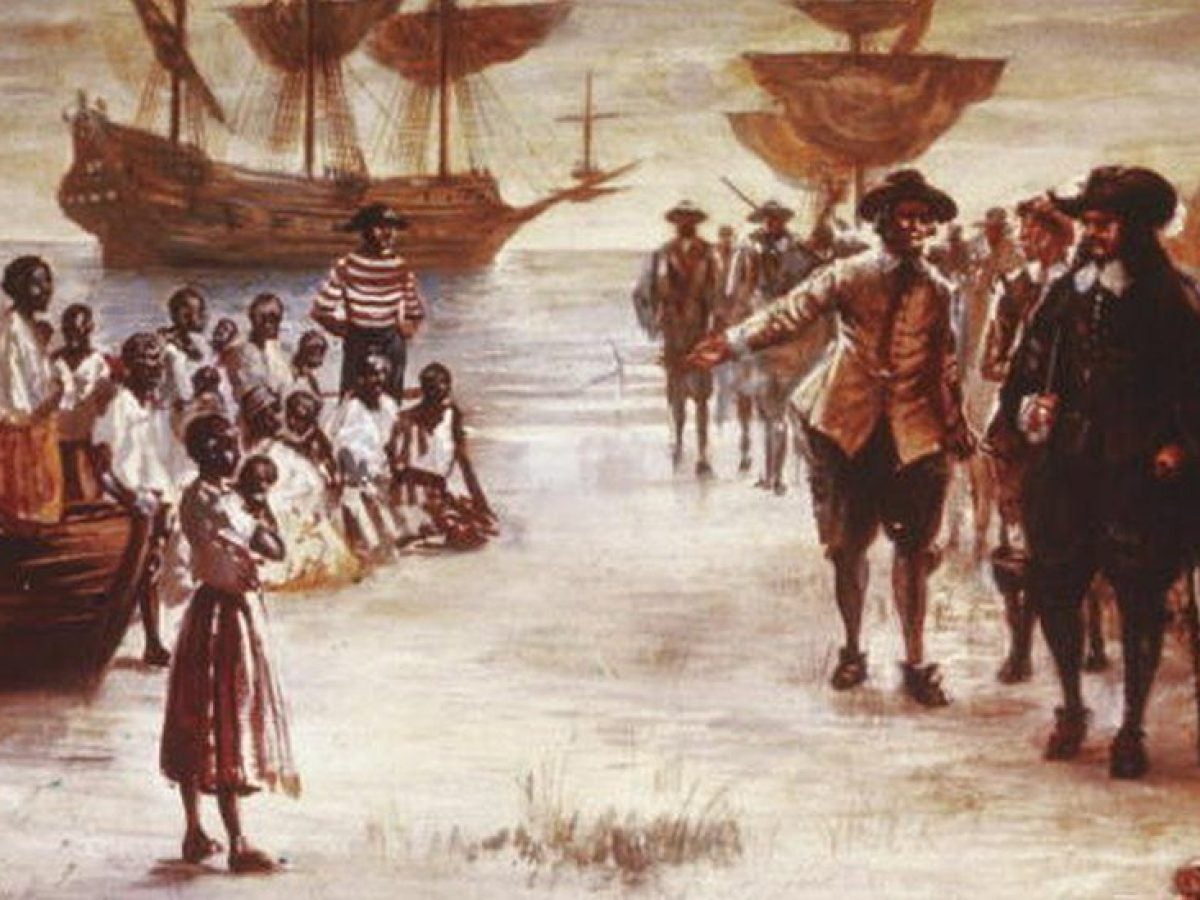
From 1596 and 1829, the Dutch transported nearly half a million Africans across the Atlantic Ocean to be enslaved by Europeans. This early system was foundational to the nearly 300 years of slavery we recognize today, and now the Dutch are feeling remorseful.
Bloomberg recently reported the country’s government is planning to not only acknowledge, but publicly apologize for its pivotal role in the slave trade. They will also reportedly launch a fund aimed at amplifying educational projects about the history of slavery.
The fund is said to be as large as 200 million euros ($204 million).
This is a step that comes after the social justice uprising of The Black Lives Matter movement, an organization birthed in the US but with global influence. European countries like Germany and the UK have shored up money for their violent role in suppressing Namibian and Kenyan protests, but the Netherlands is the first to publicly acknowledge and recompense for slavery.
Outside Europe, there has been more movement to address the economic legacy of slavery and imperialism in the form of reparations. On the other hand, Canada has agreed to C$40 billion deal compensation to the First Nation children for being separated from their families. Australia and New Zealand have also announced plans to repair their fractured relationship with Indigenous People. Unfortunately, the U.S. has not made any concrete plans public.
European Central Bank Governing Council member Klaas Knot, who is also president of the Dutch Central Bank, recently apologized.







“On behalf of De Nederlandsche Bank, I acknowledge that many of my predecessors viewed people as nothing more than merchandise,” said Knot. “That many defended the existence of slavery and the prolongation of slavery and that many later ignored the ramifications of slavery for a long, long time.”






